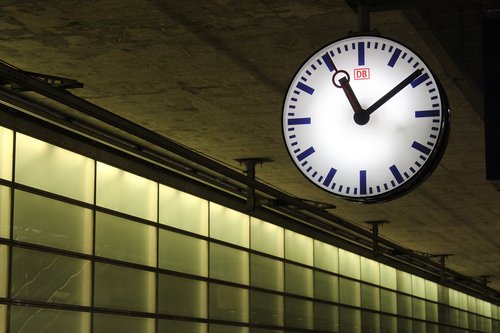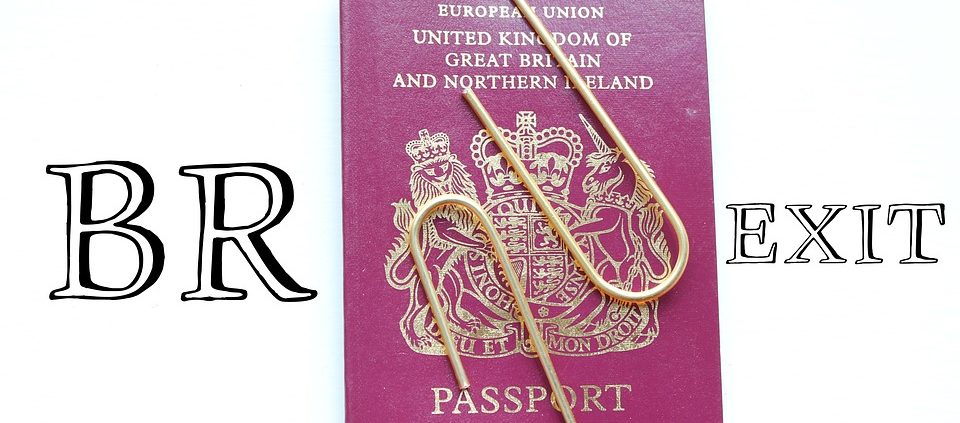Brexit: Consequences of the Withdrawal Agreement for the residence permits of UK citizens residing in Austria
Since 31.01.2020 the United Kingdom is no longer a member of the European Union. The United Kingdom and the European Union finally reached a Withdrawal Agreement that was ratified by the competent bodies, the British and the European Parliament (Link).
The „no-deal“ scenario was not realized.
The amendments of the Austrian Residence and Settlement Act („NAG“) that had been passed to provide for a „no-deal BREXIT“ have become obsolete due to this Agreement. The Austrian legislator will have to respond to the new situation and pass another amendment, implementing the relevant provisions of the Withdrawal Agreement (Part I, Art 13 et seq).
With regards to residence of UK citizens in EU member states, the Withdrawal Agreement provides for a transitory period ending on 31 December 2020. UK citizens and their relatives (even from „third countries“) residing in a member state of the European Union before the end of the transitory period may continue to live and work in the respective member state.
For UK citizens and their close relatives (spouses, young children) who do not yet have a formal documentation of their residence status in Austria, it makes sense to obtain such a documentation of the right of residence in Austria under EU law (see Article 19 of the Withdrawal Agreement).
A change to a permanent right of residence is also possible without any problems even after the transitory period has ended (Art 15 of the Withdrawal Agreement).
Once the transitional period ends, citizens of the United Kingdom will be granted a period of six months to apply for a confirmation of their continued right of residence (Art 18 of the Withdrawal Agreement). Such an application will be possible until the end of June 2021. The previous residence authorities will be competent for these applications.
UK citizens and their close relatives with a right of residence or permanent residence are granted access to the member states’ labour markets, meaning that their employment does not require a work permit (Art 22 of the Withdrawal Agreement).
Even after the transitory period, access to the labour market will continue to be open to persons who are already working in Austria under Article 24 of the Withdrawal Agreement. The same logic applies to self-employed persons (Art 25 of the Withdrawal Agreement).
It is therefore advisable for British citizens who wish to continue to live and work in Austria to take advantage of the favourable transitional rules.
We are happy to support you in all necessary steps.
Please do not hesitate to contact our office or make an appointment for a consultation on our website or via the Internet to assess your/your families situation under the Withdrawal Agreement.
[source image: ©Pixabay]









